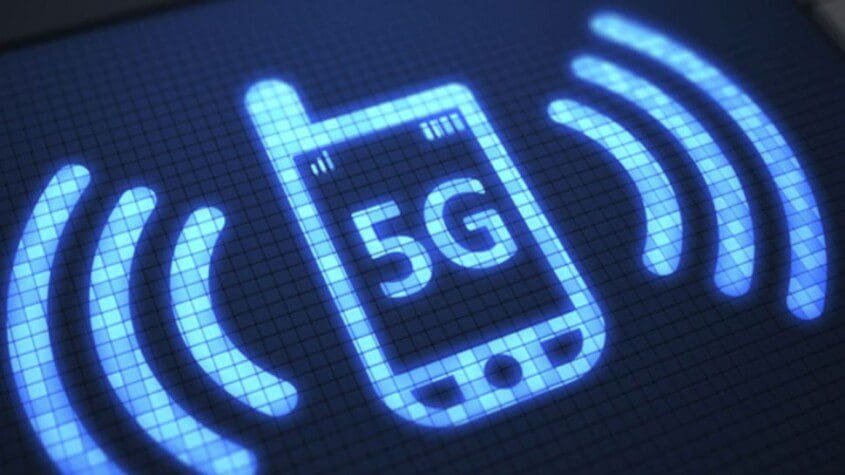
Sure, 5G has the potential launch technologies straight out of a science fiction novel. But with the new network projected to roll out in various countries this year, what will it do for the everyday person?

5G is the next generation of mobile internet connectivity—or, more simply, the better version of 4G and LTE: the feature that lets you use the internet without Wi-Fi. It promises much faster data download and upload speeds, wider coverage, and will allow people to connect more devices to the web.
Futurists have projected that the technology will be responsible for enabling augmented reality glasses, mobile virtual reality, and the much-heralded internet of things (IoT): the connection of everyday objects to the internet that can operate autonomously or be controlled remotely. Truly self-driving cars—when the vehicle works without any human input—would rely on the network, while 5G could power squads of drones streaming video from places impossible to reach on foot.
As well as supporting new technology, 5G can solve some existing issues. Current 4G/LTE services are beginning to become congested, especially in bigger cities, as lots of people try and access the network at the same time. With so many people using the feature, the connections can falter. By opening up a new, super-high-speed channel, the new frequencies can allow a more stable internet.
5G’s potential has got technologists excited the world over. But how long will it take for the technology to impact on the everyday person, and will people actually buy it?
According to Duncan Stewart, director of research for the technology, media, and telecoms (TMT) industry at Deloitte Canada, it will take years for consumers to see any benefits from the tech.
The way that everyday people interact with the technology will be through cellphones. 5G requires a new chipset to be built into a phone, which means individuals have to buy a new handset if they want to tap into the new network. In Stewart’s view, sales will be slow.
“In 2019, we are going to see the launch of 5G networks from 25 carriers around the world,” he says at Deloitte’s TMT predictions event, held at Vancouver’s Hyatt Regency hotel. “Coverage will be limited. It will work in only the cities—none of the suburbs. None of the phones that work in London will work in Beijing, and vice versa.
“Here’s where I disappoint a lot of people…
| Rate this article | |
| Prediction 80% | |
| Well written 90% | |
| Relevant 75% | |
| Timely 70% | |
Summary
Deloitte's Duncan Stewart has been right a lot more than he's been wrong! | % nice! |
|---|---|

















